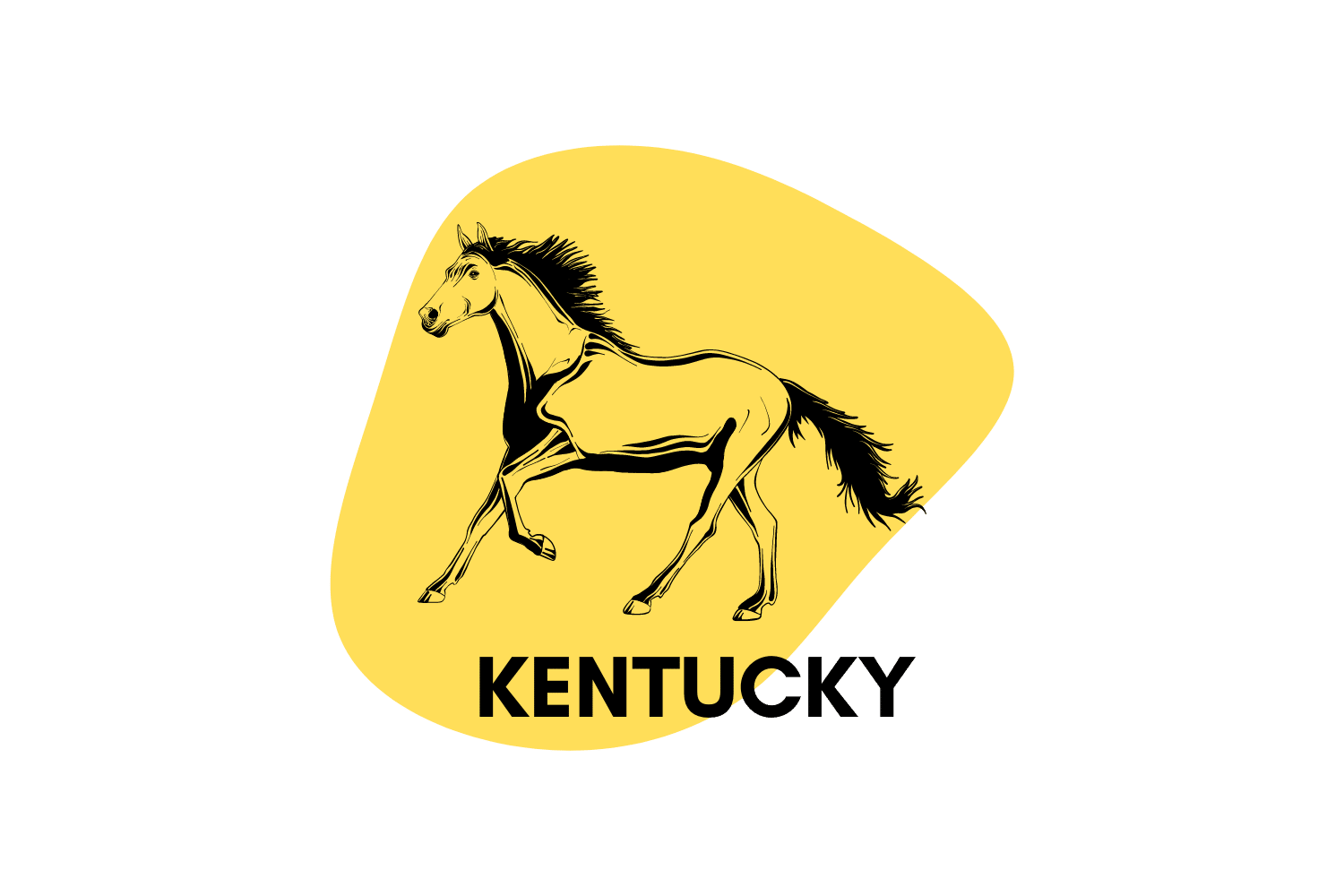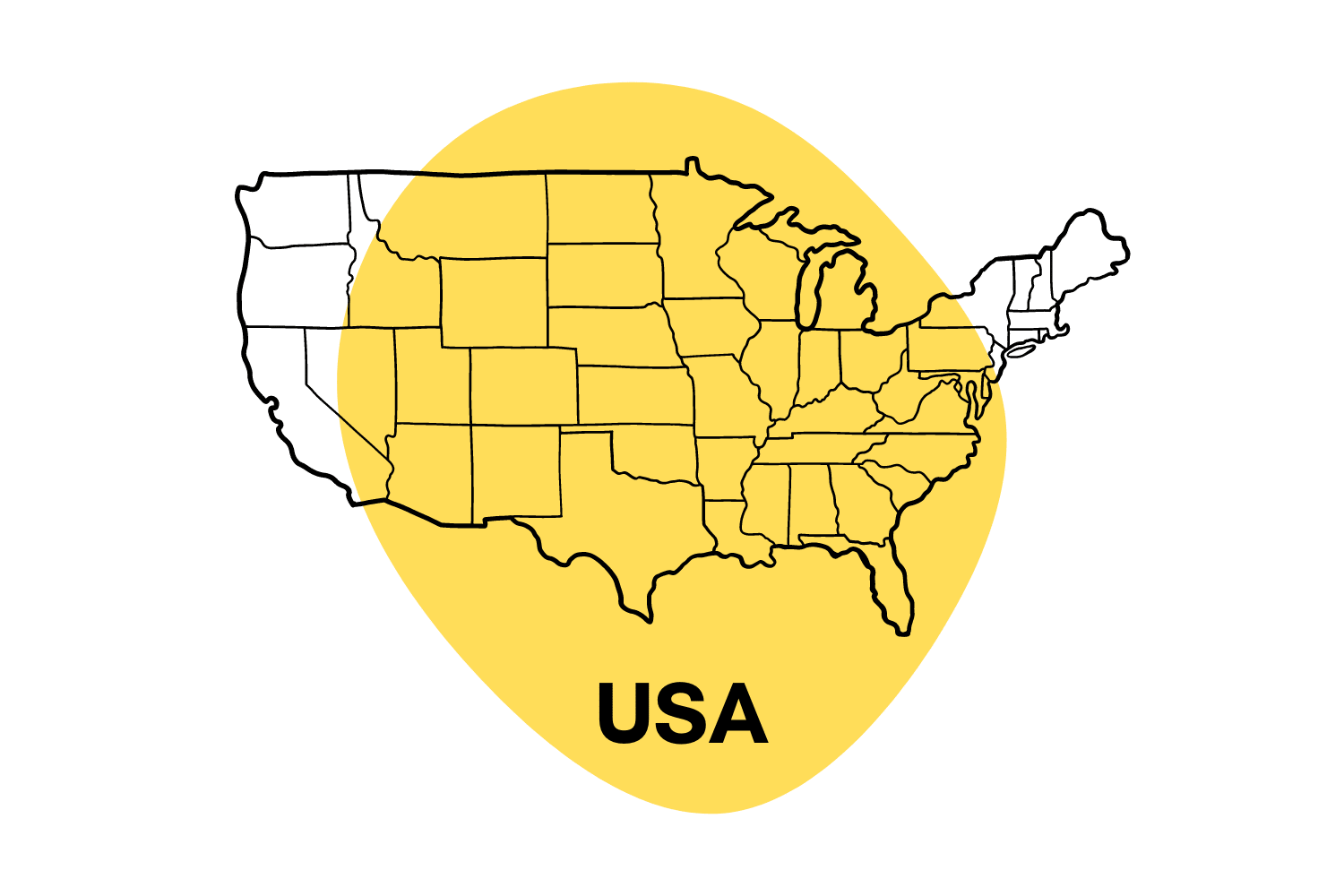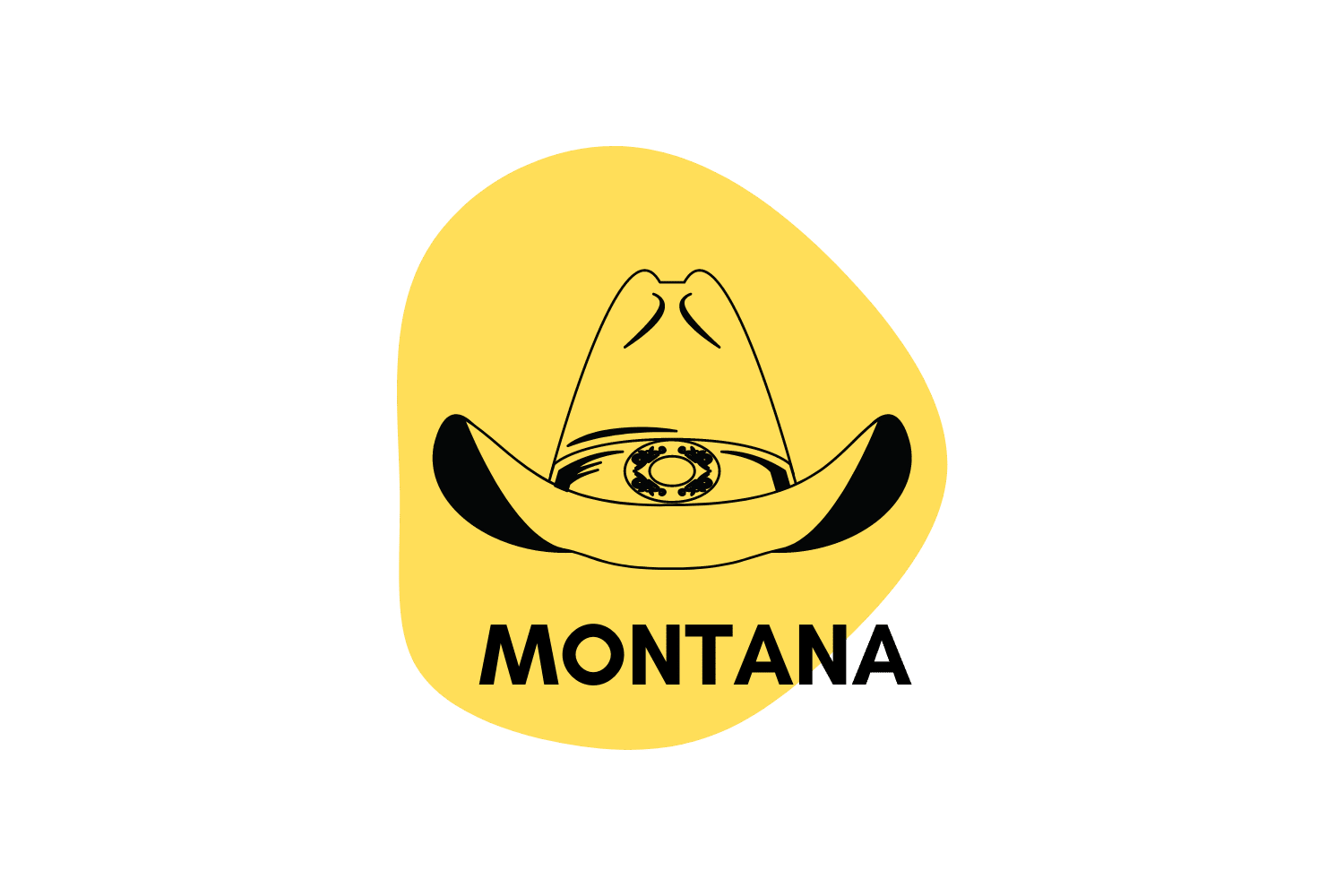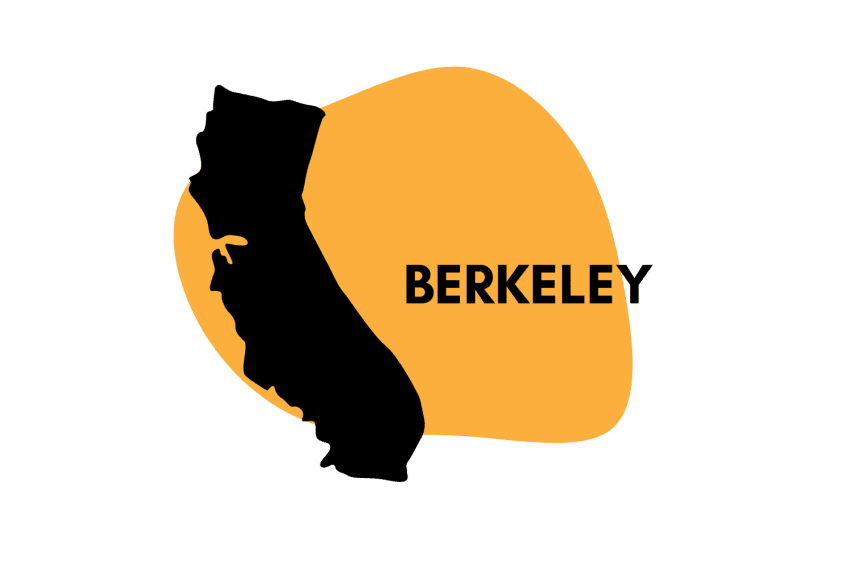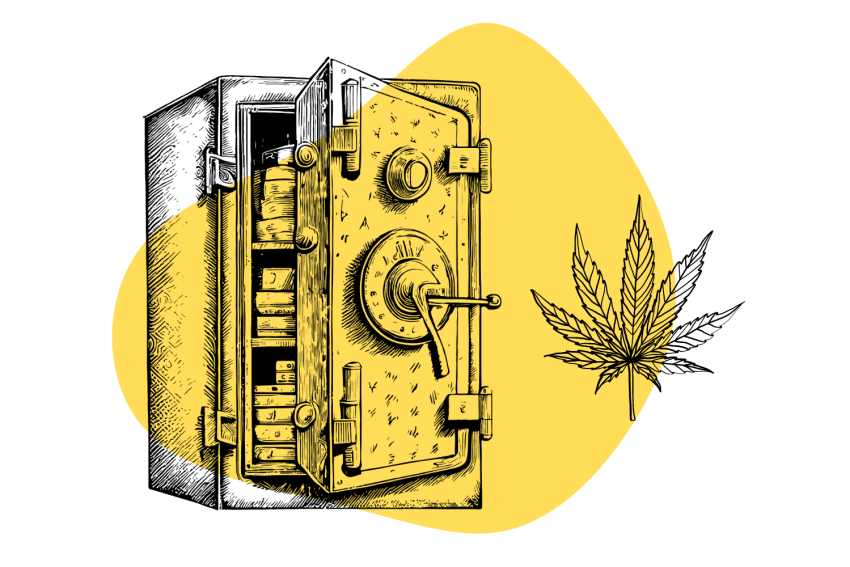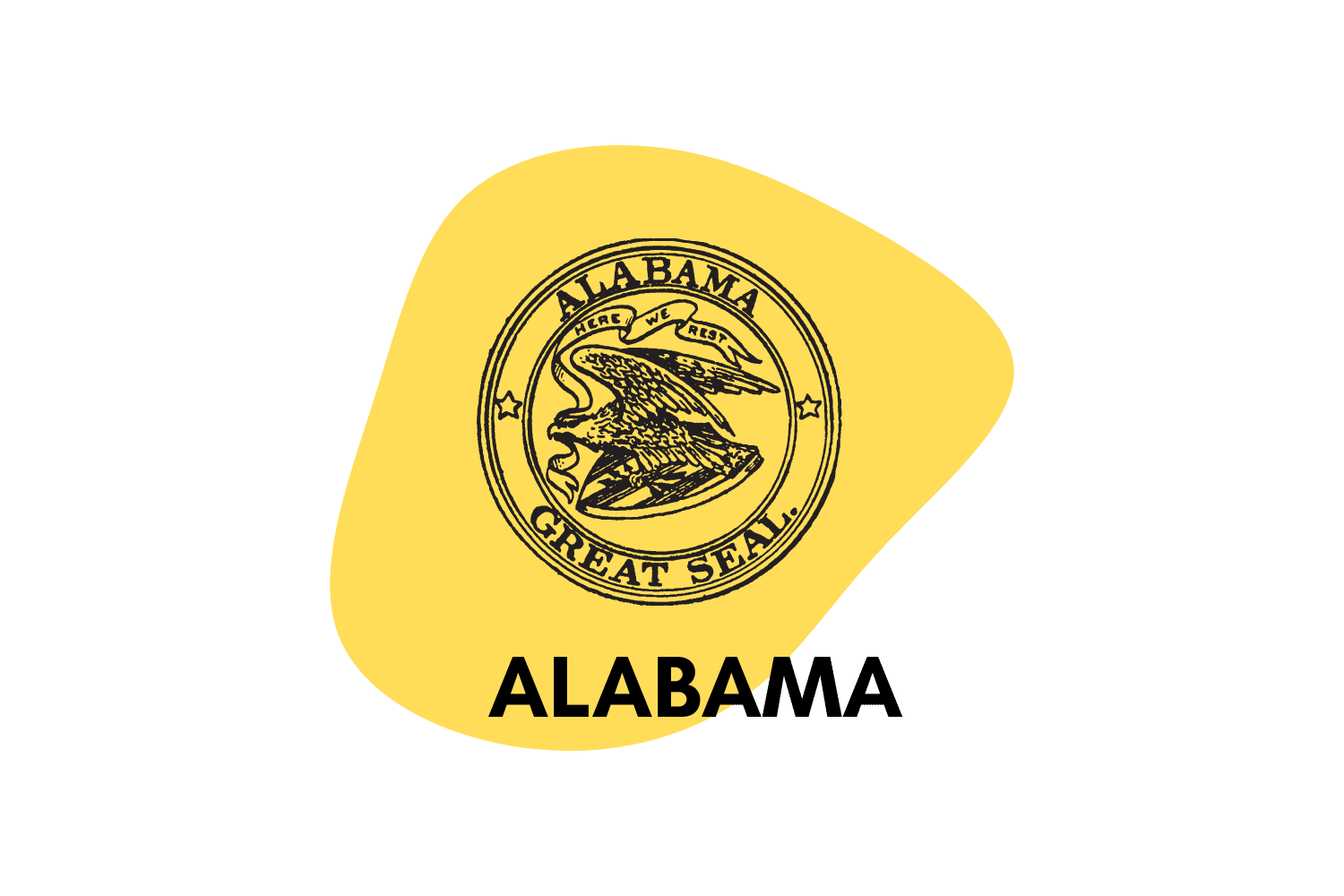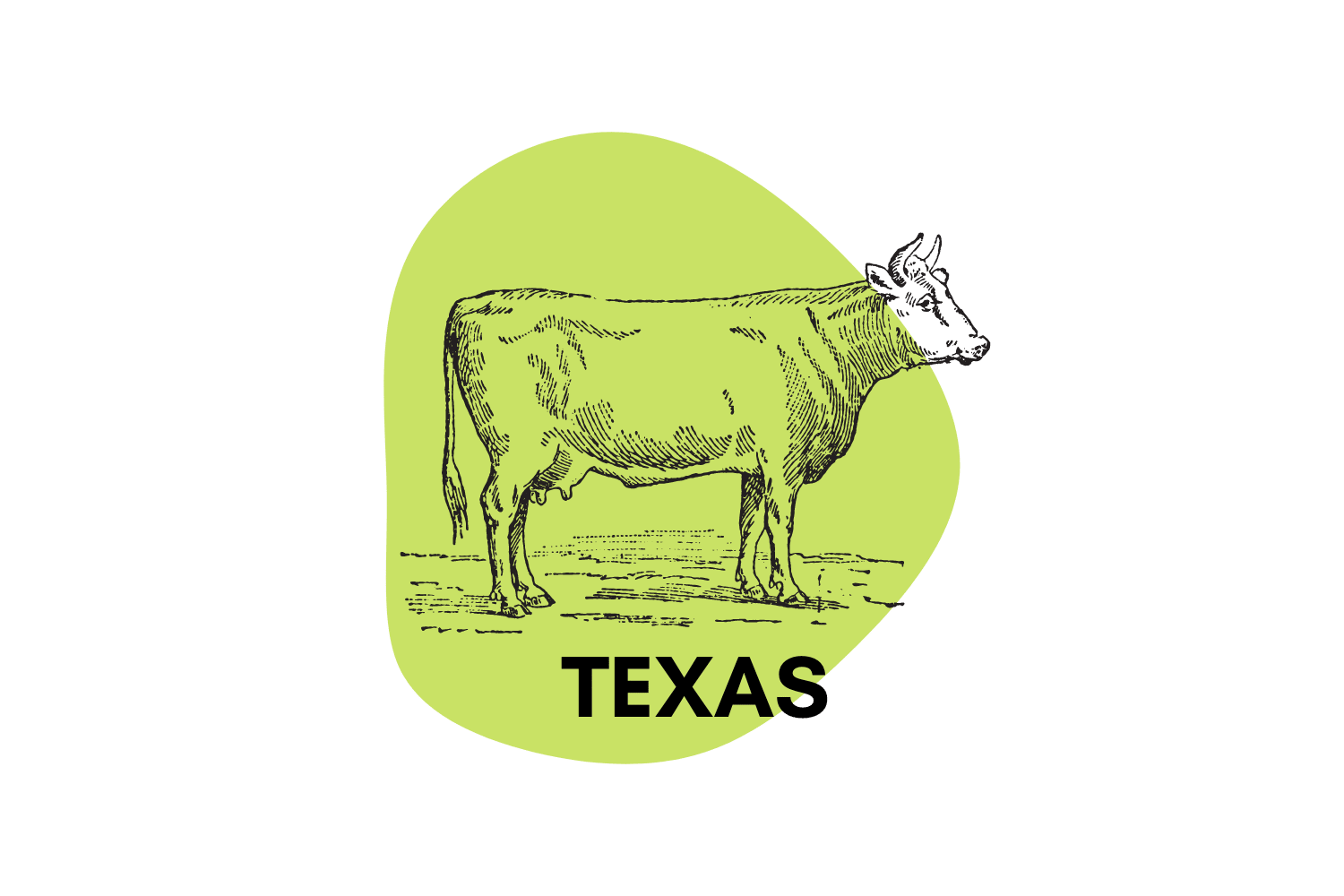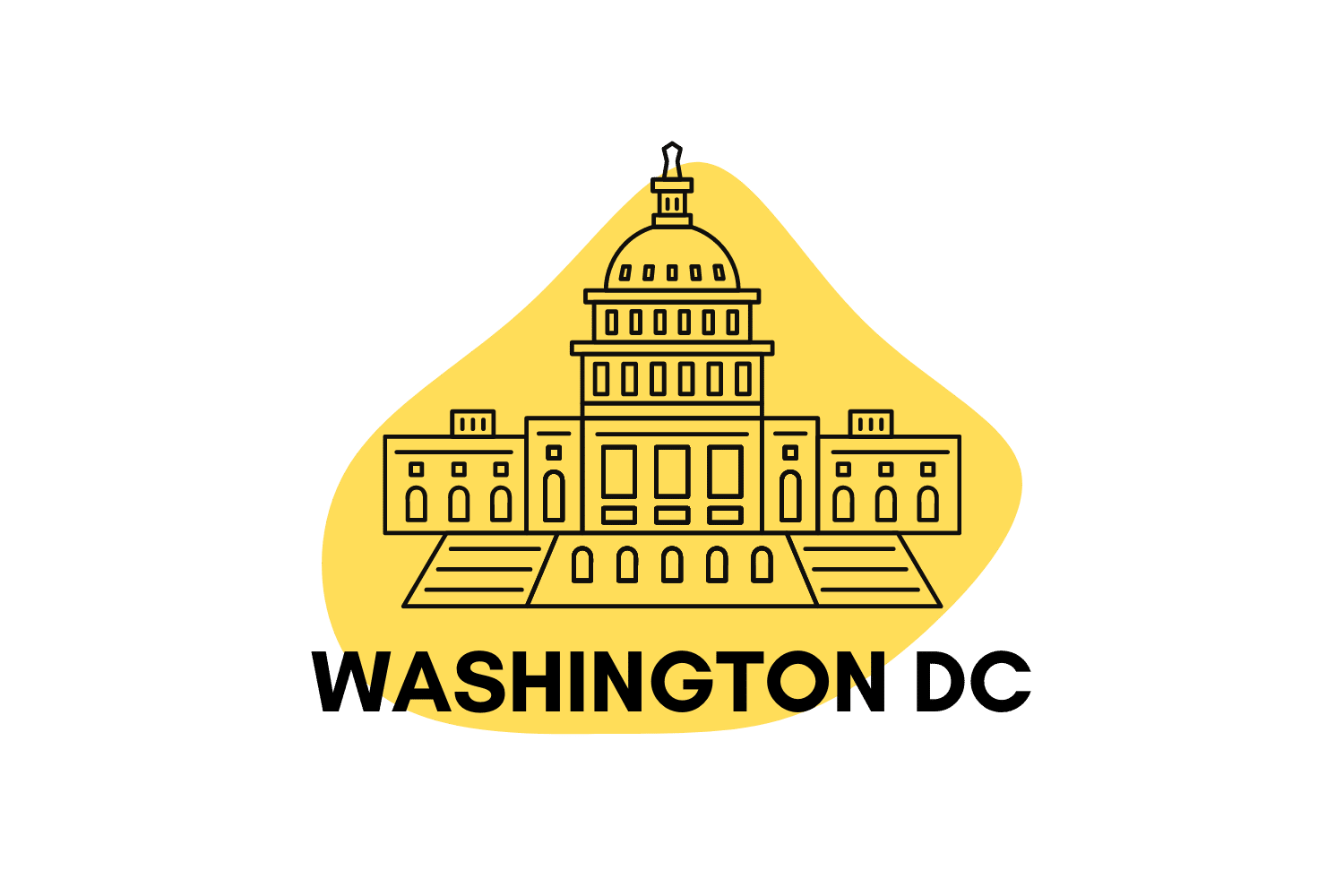Persistence Pays Off: Port Townsend, Washington Finally Passes Resolution to Support Decriminalizing Psychedelics
It took two years, but entheogenic plants & fungi are now decriminalized in Port Townsend, WA 🍄🌵
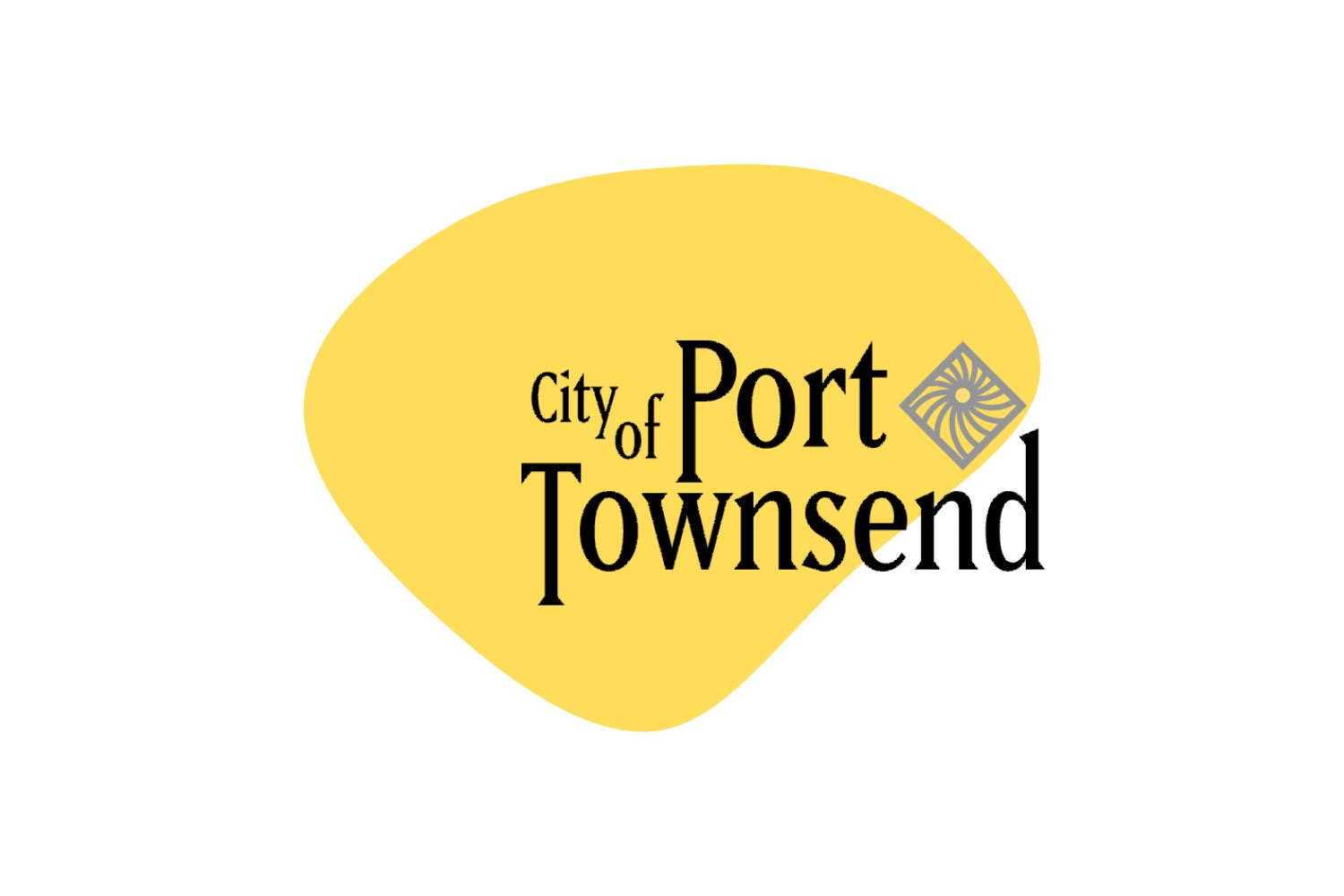
Port Townsend, Washington, is a city of just under 10,000 residents located a two-hour ferry and bus ride northeast of Seattle. But don’t let its size fool you. There’s a lot of fight in this little city.
A local psychedelic advocacy group had been lobbying for a resolution supporting decriminalizing psychedelics before the City Council since July 2019. It took almost two and a half years. Still, at the City Council’s December 2021 meeting, they unanimously approved a resolution to support decriminalizing entheogenic plants and fungi at the local, state, and federal levels.
In this article, we’ll discuss what it took to pass the resolution and the concessions on each side that guaranteed its success. We will also share some of the documented medical benefits of entheogenic plants listed in the resolution and pass along a few tips on growing magic mushrooms at home.
Early Attempts at Decriminalization
According to Erin Reading, co-founder of The Port Townsend Psychedelic Society (PTPS), the group first presented a draft resolution to the Jefferson County Board of Public Health in July 2019. The resolution was practically a carbon copy of the one that had just passed in June 2021 in Oakland and the one that would soon pass in Seattle in October of the same year.
Rebecca Ramsey, also a co-founder of PTPS, said that although the resolution was generally well received, there was just too much going on — a mayoral election, the city budgeting process, a newly-hired city manager — to establish a grassroots campaign in support of decriminalizing entheogenic plants. So the group decided to pause the campaign until it could get more support from the community.
The efforts to rally the masses would be exacerbated by the mobility restrictions brought about by the Covid-19 pandemic, but an incident in November 2020 would breathe new life into the movement.
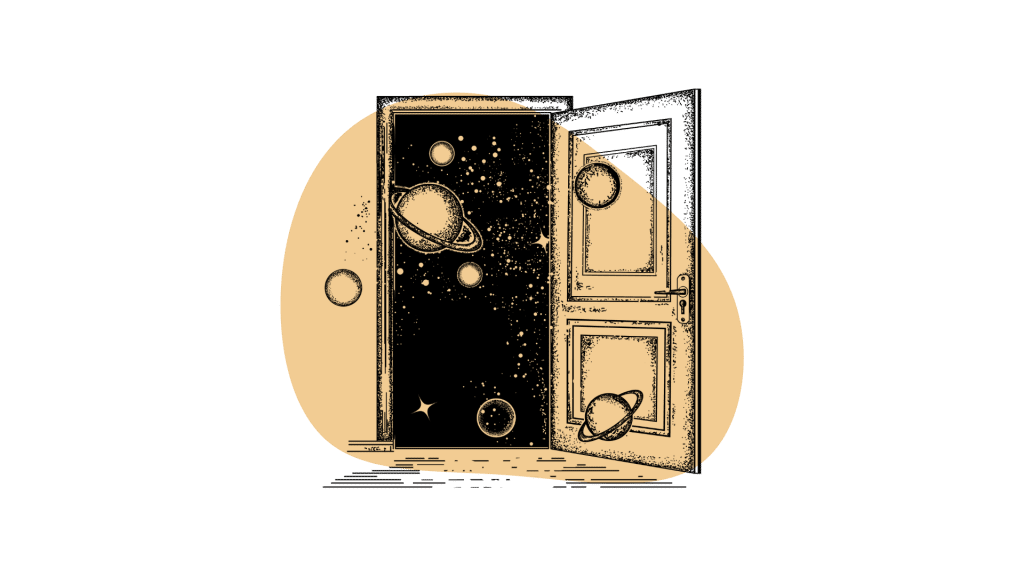
Arrest Breathes New Life Into the Movement
On November 6, 2020, Andrew James Barton (who goes by the name Annie and uses the pronouns they/them) was arrested for possessing psilocybin mushrooms. After her arrest, she was also found to be in possession of oxycodone pills. She was charged with two felonies. Conviction on either charge could result in a five-year prison term and a $10,000 fine.
Reading said that up until Barton’s arrest, calls from PTPS for decriminalizing psychedelic plants had been met with resistance from city and county officials. The group was told that the substances had been “de-facto decriminalized” since law enforcement considered them to be a low priority.
However, Barton’s arrest for possessing psilocybin mushrooms cast doubt on this assertion. “That’s when we reinitiated our efforts,” Reading said. After months of pounding the pavement to drum up support, PTPS resubmitted its original resolution to the City Council in December 2021.
Resolution Passed After Concessions On Both Sides
Although the resolution was well received by the City Council, then-Mayor Michelle Sandoval tabled it and asked the city attorney and the police chief to draft a resolution. Reading said PTPS was not happy. “The city attorney wrote the resolution in league with the police chief without us there, which was really not okay with us,” she said.
Days before the December 2021 City Council meeting, Reading wrote a letter to the City Council declaring that PTPS would not support the resolution in its present form.
Among the changes they demanded were:
- Remove the phrase “in nonpublic places ” Accordion to PTPS, “Adding this phrase to the resolution opens the possibility for police to continue enforcing laws concerning people carrying, foraging, gifting, or using entheogens in public.”
- Change “low priority” to “lowest priority.”
- Add in a section that declares it city policy for no city funds to be spent on any law enforcement activity related to entheogens.
There were several other changes requested by PTPS, but they were deemed “Important, but not essential for us to support passing the resolution.” Although the city would not budge on the phrase “in nonpublic places,” they did agree to change the priority from “low” to “lowest,” and add a section addressing the city funds issue. With these modifications, which garnered the support of PTPS, the resolution was passed unanimously at the December 20, 2021, City Council meeting.
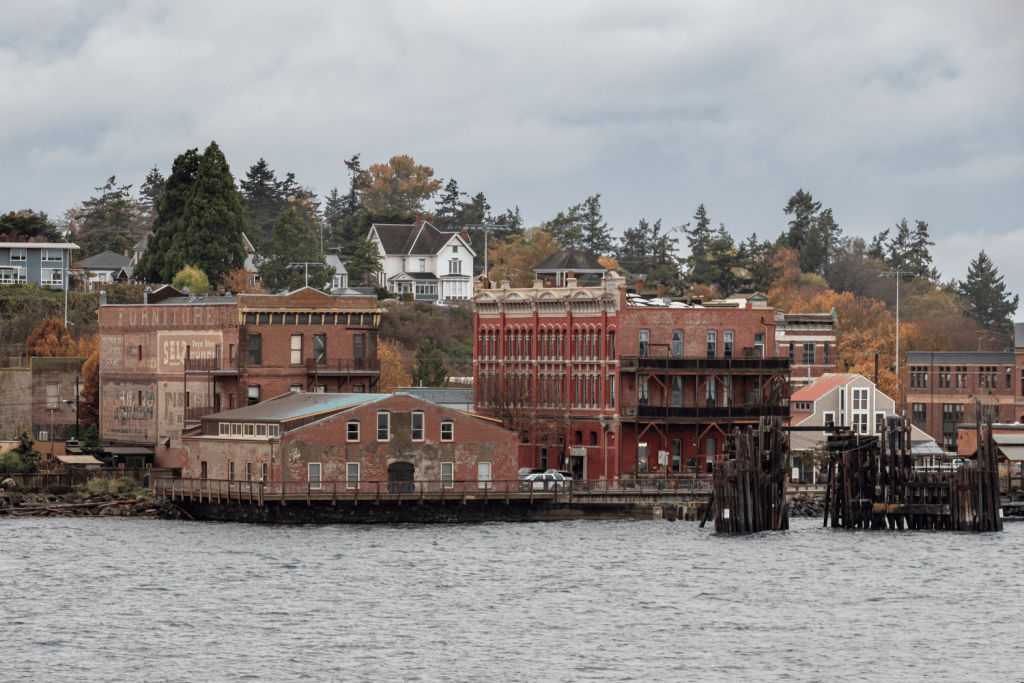
What’s In The Resolution
The final version of the City of Port Townsend’s resolution to decriminalize entheogenic plants, Resolution # 21-088, resolves that:
- The investigation, arrest, and prosecution of adults engaging in entheogen-related activities, including but not limited to the cultivation of entheogens for use in religious, spiritual, healing, or personal growth practices, should be among the city’s lowest law enforcement priorities when done in a nonpublic place.
- All city departments, including the police department, shall not expend any city funds or resources to “directly assist in the enforcement of laws imposing criminal penalties for the planting, cultivating, gathering, transporting, distributing, possession, or using entheogens by adults.”
- The City Council will commit to supporting full decriminalization of entheogens at the state and federal level.
- The abuse of controlled substances should be understood primarily as a public health issue.
- The Jefferson County Sheriff’s Office and Jefferson County Prosecutor’s office adopt policies and procedures “consistent with the values set forth in this resolution.”
The Port Townsend resolution prohibits possessing and using entheogenic plants by anyone under eighteen years old.
Entheogenic Plants Covered in the Resolution
Entheogenic plants are plants that contain a naturally-occurring psychedelic compound. These plants have been used for centuries by Native and Indigenous cultures all over the world. Studies have also shown them to have substantial medical properties.
Some of the plants listed in the Port Townsend resolution and medical benefits attributed to them include:
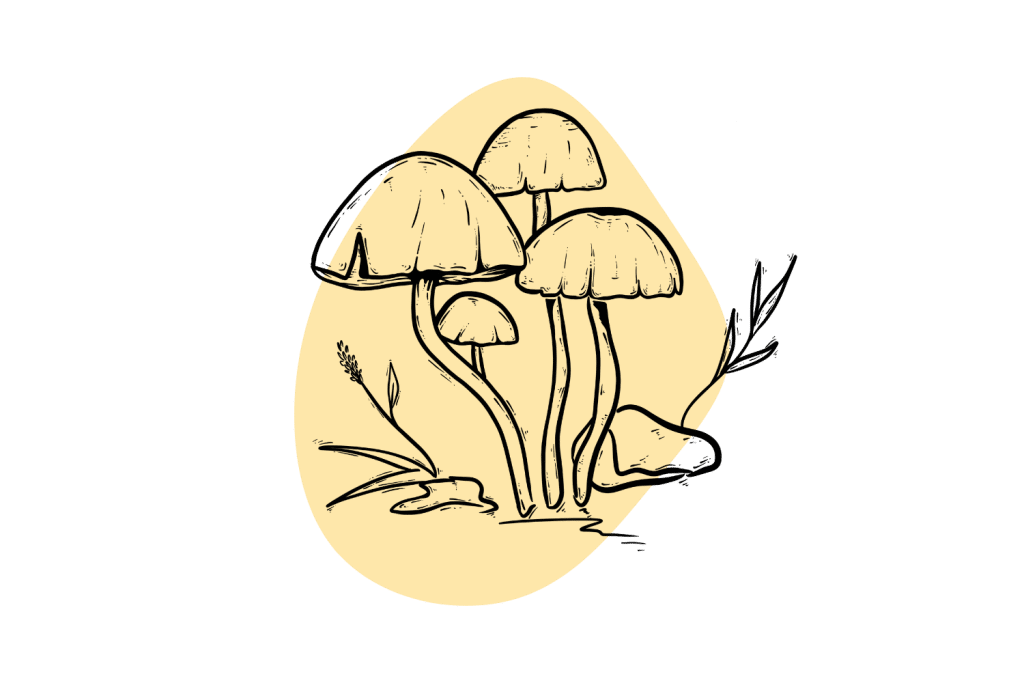
1. Psilocybin (Magic) Mushrooms
In late 2019 the U.S. Food and Drug Administration (FDA) granted psilocybin “breakthrough therapy status” for its potential as a treatment for major depressive disorder (MDD). Breakthrough therapy status is “a level of legalization that allows researchers to expedite the development of a drug after preliminary evidence shows the drug may demonstrate substantial improvement over available therapy.”
Studies have also shown that psilocybin can be effective in treating:
- Depression
- Existential anxiety
- Obsessive/Compulsive Disorder
- Cluster headaches
- Cognitive decline in Alzheimer’s patients
Matthew W. Johnson, Ph.D., a professor of psychiatry at Johns Hopkins University, says that the most promising use for psilocybin is for treating cocaine and opioid addictions and alcoholism.
Learn more about magic mushrooms
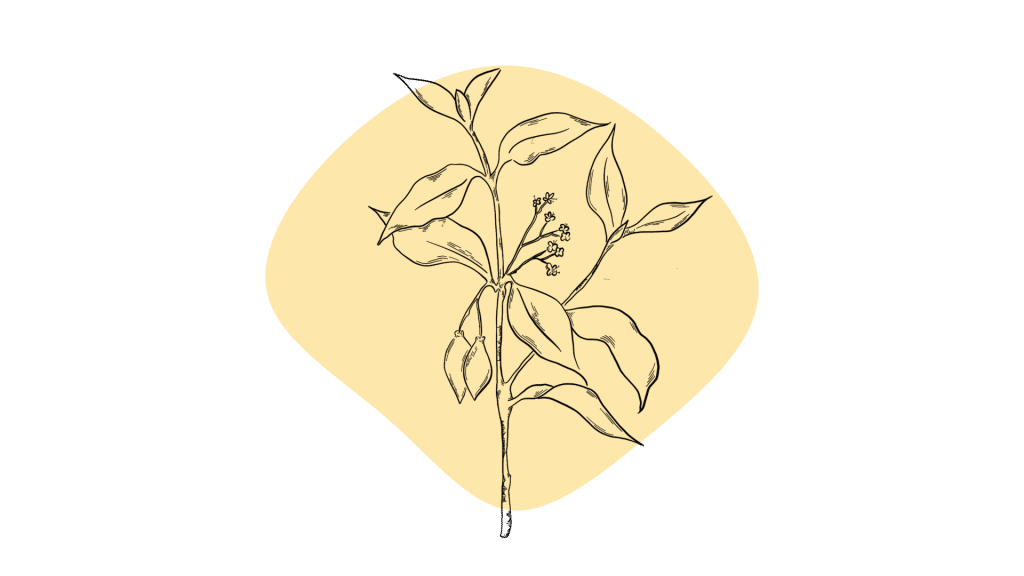
2. Iboga/Ibogaine
Ibogaine is the psychoactive compound found in the iboga shrub, which grows mostly in central west Africa. Studies show it to be effective in treating alcohol and drug addiction. It has also shown promise for easing cravings, reducing withdrawal symptoms, and lowering the risk of relapse.
Ibogaine has also been effective in treating:
- Depression
- Eating disorders
- Fevers
- Migraine headaches
- Neurological disorders
- Seizures
The iboga shrub was first discovered by the Pygmy tribes of Central Africa. They used the plant for religious ceremonies and to treat a variety of medical conditions. In 1962 when he was nineteen years old, Howard Lotsof, who later became an American scientific researcher, was addicted to heroin and looking for a hew high when he stumbled upon ibogaine.
After ingesting the white powder from the iboga shrub, Lotsof never used heroin again and pioneered the development of ibogaine as a method to treat drug addictions.
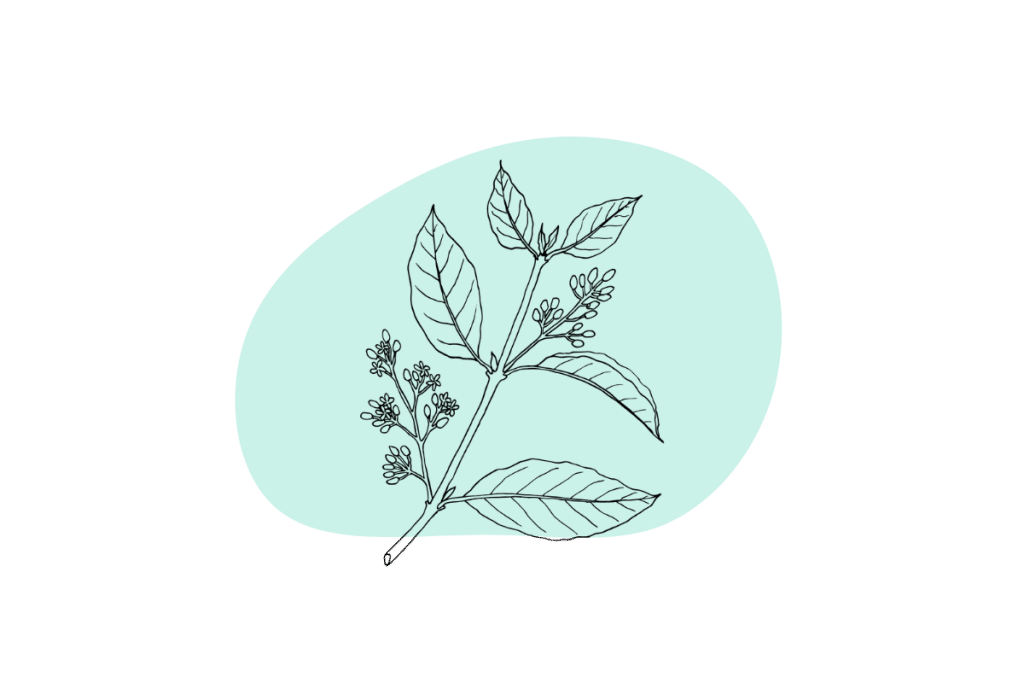
3. Ayahuasca
Ayahuasca is a psychoactive brew made by prolonged heating or boiling the Banisteriopsis caapi (ayahuasca) vine with the leaves of the Psychotria Viridis (chacruna) shrub. The ayahuasca vine contains an MAO inhibitor, and the chacruna contains DMT (dimethyltryptamine).
Ayahuasca can be made with virtually any plant containing DMT brewed with a plant having MAOIs inhibiting abilities. MAOIs prevent the breakdown of neurotransmitters, including serotonin, dopamine, and norepinephrine, which prolongs the psychoactive effect of DMT.
Documented medical benefits of ayahuasca include treatment for:
- Alcoholism
- Anxiety disorders
- Cocaine addiction
- Depression
- Opioid use disorders
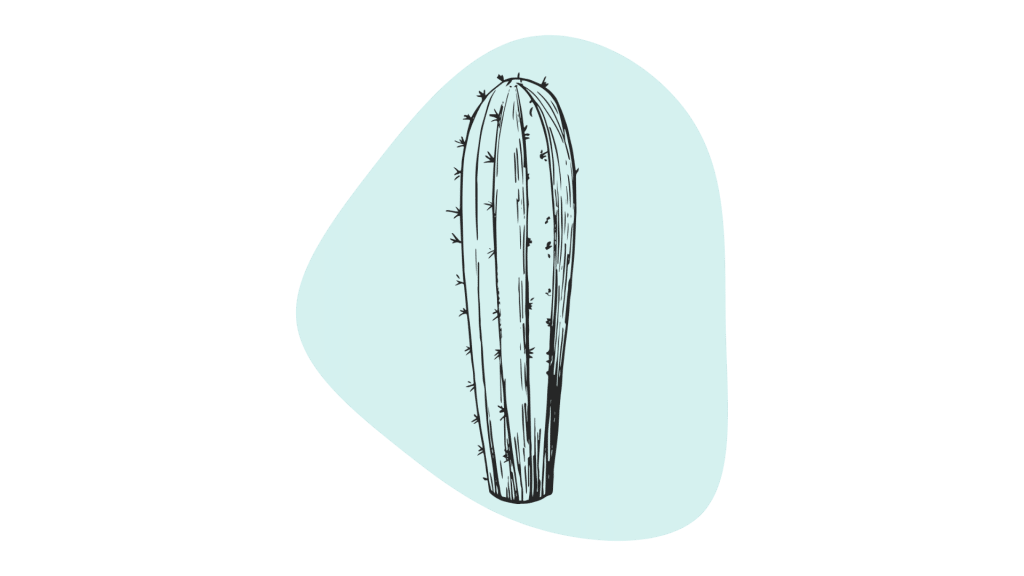
4. Cacti Containing Mescaline
Mescaline is the naturally-occurring psychoactive compound found in a family of cacti native to the southwest United States, Mexico, and South America. These include the peyote cacti — which have the highest concentration of mescaline — the San Pedro cacti, and the Peruvian Torch cacti.
Although mescaline is a Schedule I Controlled Substance, members of the Native American Church have been cleared by the federal government to use it in their religious services.
Due to pushback from Indigenous and Native cultures, some cities that have passed decriminalization measures have excluded cacti containing mescaline from their resolutions.
The Indigenous and native cultures have expressed concern that decriminalizing these “sacred and at-risk” cacti would negatively impact the availability of mescaline for their religious services. Cacti containing mescaline are not exempted in the Port Townsend Resolution.
What the Resolution Does Not Include
The Port Townsend resolution to support the decriminalization of entheogenic plants does not include synthetic hallucinogens such as LSD, MDMA, and bath salts.
Resolution 21-088 does not decriminalize any of the following activities:
- Possessing or distributing entheogenic plants in and around schools
- Driving under the influence of the psychoactive compounds found in the plants
- Public disturbances
- Large-scale sales or cultivation of these plants and fungi
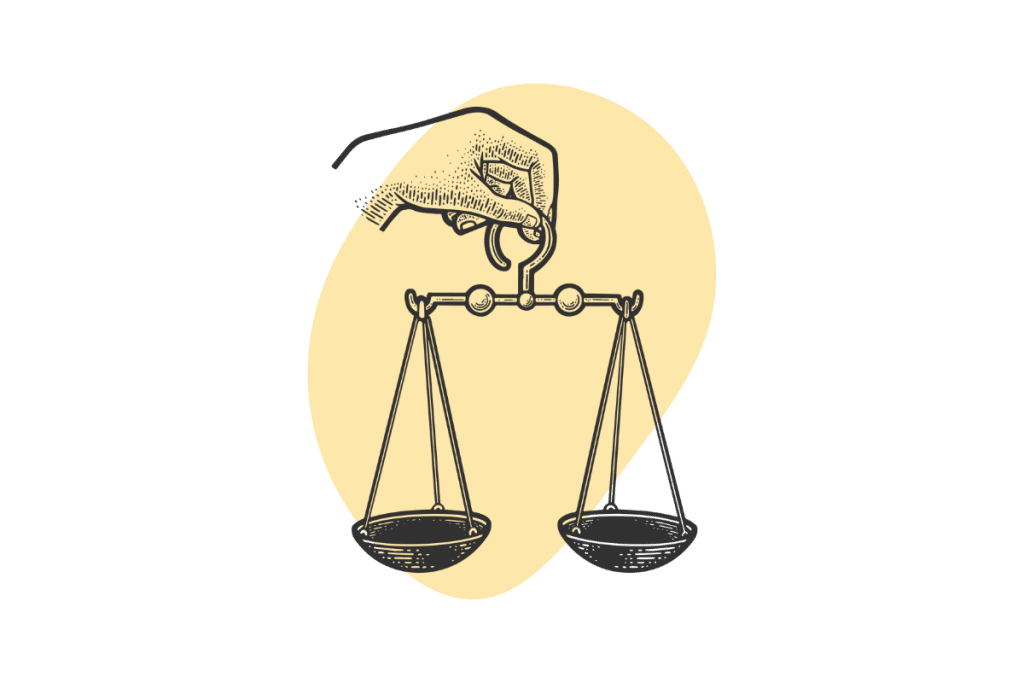
Decriminalization vs. Legalization
The entheogenic plants listed in the Port Townsend resolution are all on the federal Schedule I Controlled Substances list, meaning they are illegal to purchase and use anywhere in the country.
However, since each city, county, and state has the authority to self-govern, legislative bodies all over the country are passing resolutions to decriminalize psychedelics. When a substance is decriminalized, possession and use of it become the lowest law enforcement priority. It is still illegal, and all laws governing it are still applicable, but they are not enforced.
To legalize a substance is to repeal all of the criminal penalties associated with it, making the substance legal under federal, state, or local law.
Learn more about the differences between decriminalization and legalization.
Where Can I Find Magic Mushrooms in Port Townsend?
Since psilocybin, the psychoactive compound in magic mushrooms, is on the federal Schedule I Controlled Substances list, you cannot legally buy magic mushrooms anywhere in the country. Even in Oregon, where psilocybin was legalized in November 2020, it will only be available in a licensed facility under the supervision of a licensed therapist.
There are four ways to get your hands on magic mushrooms in Port Townsend — or anywhere else, for that matter: You can have them gifted to you, pick them in the wild, buy them on the street, or grow them yourself.
Option number one puts you completely at the mercy of someone else. Option number two could put you in the hospital, and option number three could land you in jail. Option number four is the most viable alternative. There are two ways to grow your own magic mushrooms: use a mushroom grow kit or grow them from scratch.
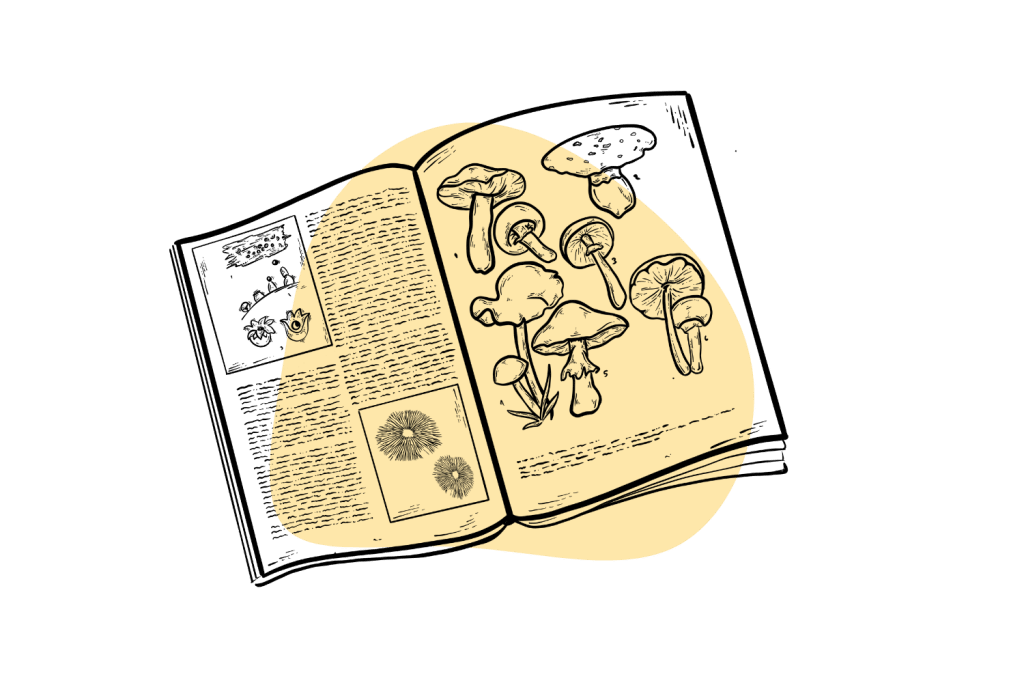
Growing Your Own Magic Mushrooms
Since magic mushroom spores do not contain psilocybin, they are available for sale online in every state in the union — except California, Georgia, and Idaho. They are sold in spore syringes and spore prints. A spore syringe is a syringe filled with Psilocybe cubensis spores suspended in distilled water. A spore print is a sheet of paper with spores stamped onto it. They sell for about $15-$40 each.
Mushroom Grow Kit
The mushroom grow kit is the easiest way to grow magic mushrooms at home. It comes with everything you need to grow magic mushrooms at home. The spores are sold separately. The kits start at around $50. Depending on the species of mushrooms you are growing, it can take up to 6 weeks to produce a harvest of magic mushrooms from a mushroom grow kit.
Here are some advantages to using a mushroom grow kit:
- Trouble-free — Add the spores, place them in a well-lit area away from direct sunlight, and water lightly one or two times a day.
- Safe — You don’t have to worry about the pesticides, heavy metals, and contaminants often present in commercial operations. You also don’t have to worry about picking harmful mushrooms in the wild.
- Cost-effective — An “average” dose of magic mushrooms, one-eighth of an ounce (3.5 grams), costs between $20-$40. A magic mushroom spore syringe or print will produce up to 50 grams or more of magic mushrooms, recovering your initial costs many times over.
Poor-quality mushroom grow kits can contain molds and fungi that will destroy or contaminate the mushrooms. A kit purchased from a quality vendor will greatly enhance your chances of having a rewarding, productive experience.
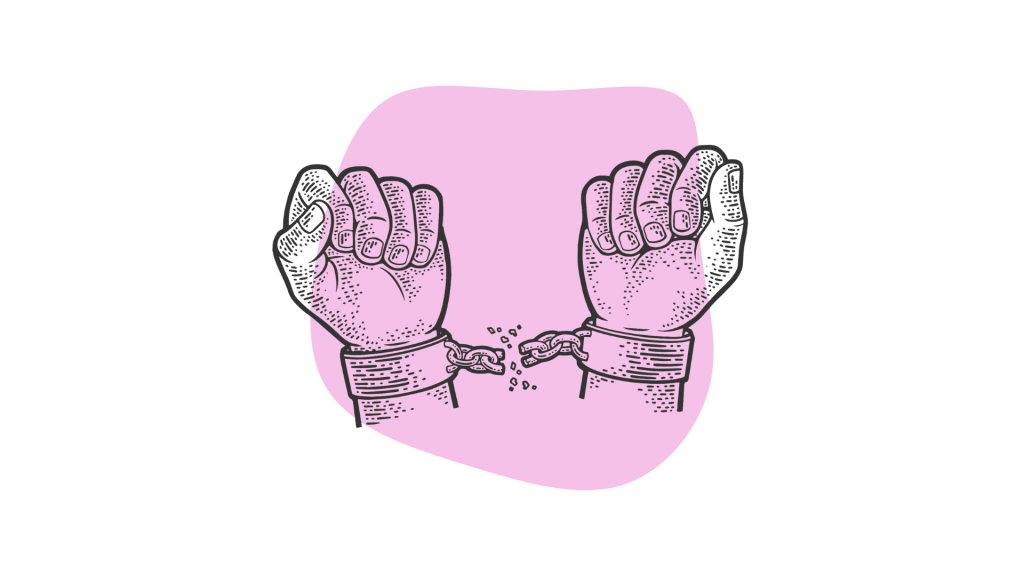
Campaign Underway to Decriminalize All Drugs Statewide
PTPS co-founder Erin Reading says the victory in Port Townsend is just the beginning. “We’re taking what we did at the city level and working towards it at a county level and then bringing it to the state,” she said. According to a survey conducted on the issue, most Washingtonians are on board.
The State of Washington can be considered progressive in matters of the “head.” Recreational marijuana has been legal since November 2012. In September 2018, Seattle became the first city in the nation to stop arresting and charging people for possessing small amounts of all drugs.
Commit To Change WA is leading a campaign to place an initiative before the 2023 legislative session that will decriminalize small amounts of all drugs statewide and refocus the “war on drugs” to address the socio-economic issues of drug addiction.
According to PTPS decriminalizing entheogenic plants will help promote “a society in which humans are happier and healthier with a stronger relationship to nature, to society, to our communities, and to ourselves.”

